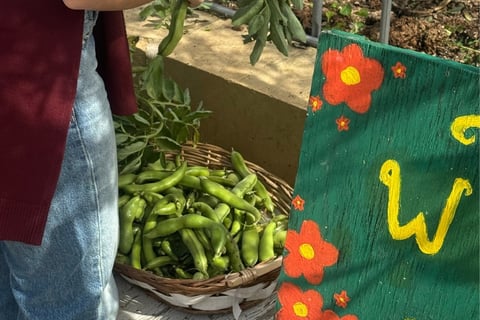Melítē: Uncovering Malta’s Buzzing Ancient Bee Legacy
Named Melítē by the ancient Greeks, meaning “honey-sweet”, Malta has a rich, forgotten history of bees. From sacred symbols to age-old beekeeping, this is the story of how tiny creatures shaped the identity of an entire island.
5/23/20252 min read
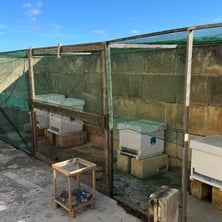
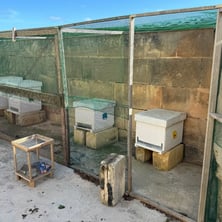
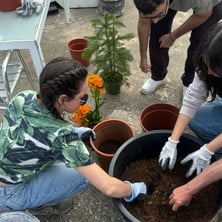

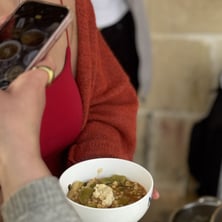

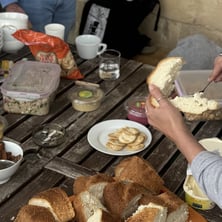
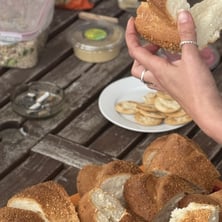

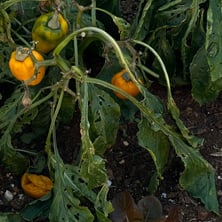
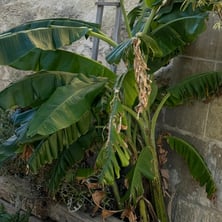
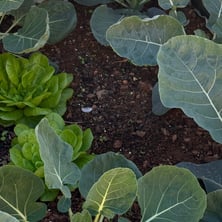
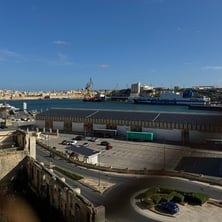
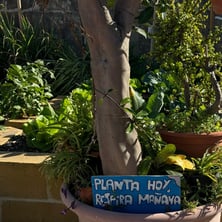
In Malta, there is a magical place. Where it’s green all year long. Which is a rare thing on this hot island, where during the summer, plants are drying and waiting for the season to pass. Friends of the Earth Community Malta is an organisation that works with education, social initiatives, and they have an amazing space in Floriana where they organise community workshops and events. I’ve been to several of them, and the last one was about Malta’s national insect - the bee. I thought to share this story, because bees are important in almost all regions of our world.
I have a bee tattoo on my chest. Honestly, when I did it, it was more emotional, but later in life, I uncovered that my emotions are quite rational. The bee is probably one of the animals I can relate my personality to. I love never-ending work, thinking, moving. I am working for good, I have a lot of patience, but step in my way and I will sting. Though female bees die after they sting, so they try to avoid this destruction for as long as they can, because that would be their final act.
It’s quite an interesting thing. Patience. I always thought that I’m impatient. In certain situations I am, but I am also very much the opposite. I can tolerate things that I can understand, but that are not being communicated. For a very long time. And like all things in life, it’s both a blessing and a curse.
But today we should talk only about blessings. So many things are cursed already.
Bees - small creatures, but very important ones. They are inspirators of life. Their mission is to store food for periods when plants are not blooming. But their help is very needed. They help in pollinating wildflowers and plants, which helps to maintain healthy ecosystems.
Back to the connection to Malta. Named Melítē by the ancient Greeks, meaning “honey-sweet”, Malta has a rich, forgotten history of bees. From sacred symbols to age-old beekeeping, this is the story of how tiny creatures shaped the identity of an entire island.
However, in recent years, some foreign bees were brought to the island, and they started mixing with the local bees - and their new breed is not as efficient in this region. And the resistant Maltese ones are disappearing.
Friends of the Earth Malta community grows Maltese bees that you can find in their community garden. Maltese bees are a different colour. They are black, meanwhile foreign bees have a typical yellow and black pattern.
Maltese climate is very difficult for wild animals and insects. During summer, there is no shade to hide in, so most plants dry up and are unsuitable for biodiversity. Bees are actively helping to solve this issue.
Maltese NGOs and academic institutions are calling for awareness. Recently, they made an initiative and declared bees as the national insects of Malta. Also, they are working so that more streets in Malta will be named after local bees. I would like to say thanks for all the patient bee work on this topic!
I’m sharing this message for you to know that there are people doing beautiful things for us. And we can also do this together with them. If you’re ever in Malta, visit this community garden. It’s worthy for your body and soul. Or whatever you believe you have inside there.
